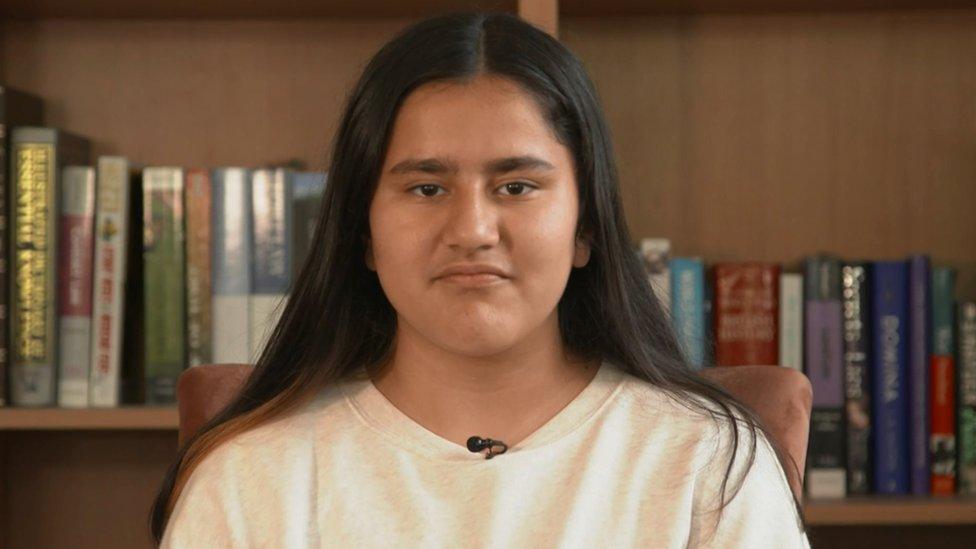Ahmad's story: Why are some Afghan refugees in the UK being made to move?
- Published
- comments
Ahmad's story: Why are some Afghan refugees in the UK being made to move?
13-year-old Ahmad loves playing football.
He practices with his dad at his local park near Hartlepool, an area they only moved to recently.
Ahmad and his family are from the Ghazni Provence in Afghanistan, which is in the Middle East. However, they haven't lived there since 2021.
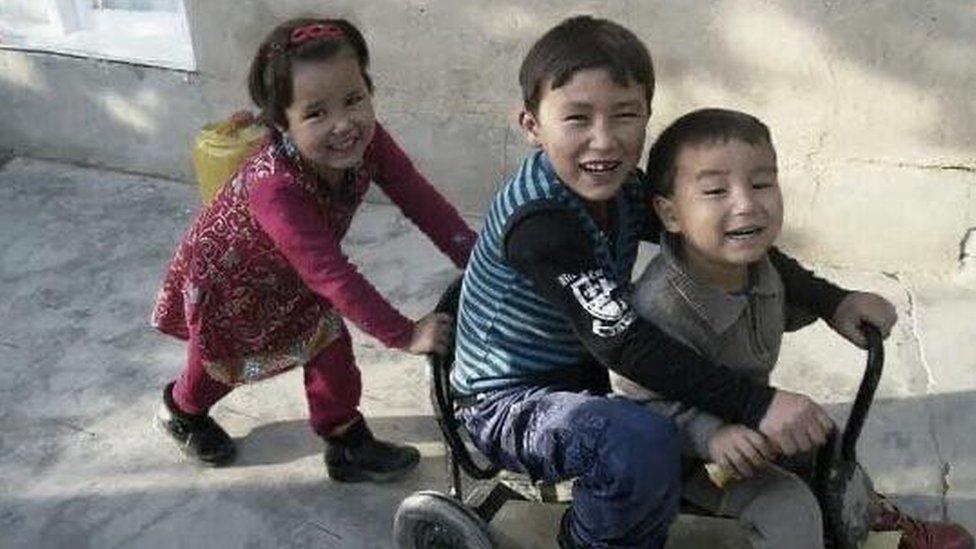
Ahmad grew up in Afghanistan with his siblings
War and fighting has been going on in Afghanistan for many years, but things changed drastically for Ahmad when he was just 11.
He and his family were forced to flee their home after an extreme Islamist group called the Taliban took control of the country.
What happened in Afghanistan?
Afghanistan: What led to the Taliban taking over? (from August 2021)
Life for many people living in Afghanistan changed when the Taliban took over the nation over a year and a half ago on 15 August 2021.
Before their most recent takeover, the extreme Islamist group hadn't been in power in the country since 2001 following a war with the United States, the UK, and several other countries.
The US went to war with Afghanistan after the 9/11 terrorist attacks which lead to thousands of Americans losing their lives.
Animation detailing the events of September 11, 2001
US and UK troops remained in Afghanistan for many years after, but the Taliban was still able to take control of areas of the nation, imposing their own laws.
In 2021, the President of the United States, Joe Biden, ordered the withdrawal of all US soldiers from Afghanistan by September.
However, lots of people were worried this would make the Taliban more powerful and lead to them taking over, which was exactly what happened.
The Taliban once again seized control of the city of Kabul once the US troops had started leaving the country during the Summer of 2021, and the group is still in power in Afghanistan today.
Who are the Taliban?
The Taliban are known for having extreme views on how people should live their lives, and although the group's members say they are followers of Islam, many people don't agree as their beliefs are much more extreme than those of the majority of Muslims.
Many of the Taliban's views have had a particularly negative impact on girls and women in the country.
Under the group's previous rule from 1996 to 2001, girls weren't allowed to get a normal school education and women weren't allowed to work. The Taliban also had strict rules on the way women should dress and look.
Girls under the age over the age of 12 aren't able to go to school at the moment, and many have turned to secret schools as a way to continue their education.
Ahmad's journey to the UK
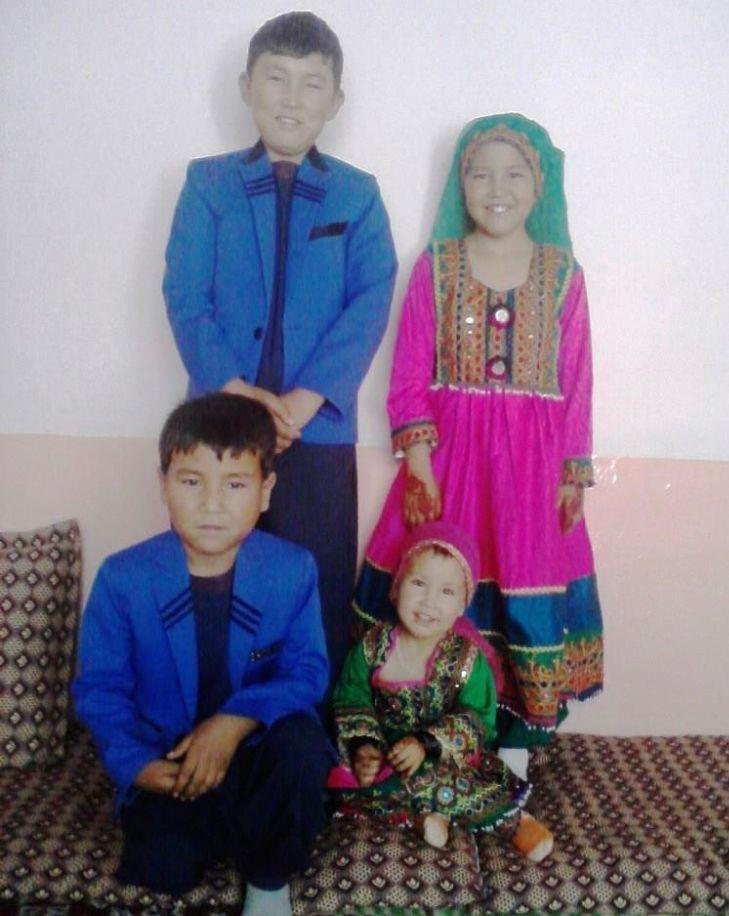
Ahmad and his family had to leave their home when the Taliban took control of the country, leaving his grandparents behind in Afghanistan
Ahmad and his family travelled from his home country's capital city Kabul to the UK in August 2021, along with 21,000 other people from Afghanistan.
"We feel really happy to be safe, in another country, that was really good," Ahmad said.
However, it wasn't all good news.
"My grandma, my grandpa, my friend - they are still in Afghanistan - I feel so sadly for them because I'm safe but they are not."
After arriving in the UK, Ahmad and his family spent a few weeks in London before they moved to Manchester. The government gave them rooms in a hotel here, along with other people from Afghanistan. Eventually Ahmad and his two brothers and two sisters started school in the city.
A refugee is a person who has been forced to leave their country in order to escape war, persecution or natural disaster.
Every year, millions of people across the world are forced to leave their homes and lives behind in the search of a new life somewhere safe and it's thought around half of these people are children.
In the UK, people who want to remain in the country as refugees have to apply for something known as asylum. If granted, this allows them to stay in the UK and receive protection under both UK and international law.
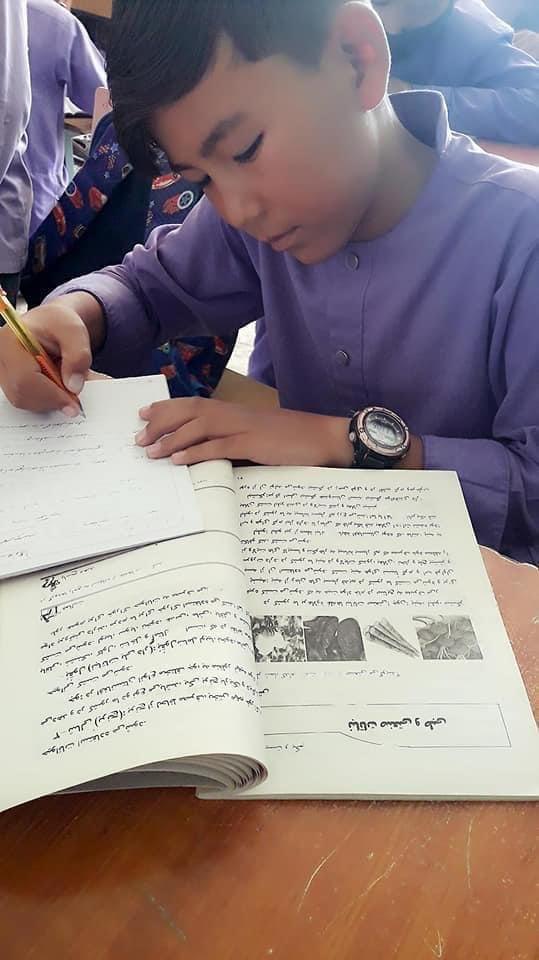
Ahmad had to stop going to school in Afghanistan when the Taliban took over
"It was like starting a new life — you don't have any friends, you don't have anyone to help you, you don't know English. I felt scared, maybe they don't want to be friends with you because you're from another country with another religion."
Despite the difficulties he faced finding his feet in the UK, Ahmad was eventually able to feel more settled after joining a football club in Manchester.
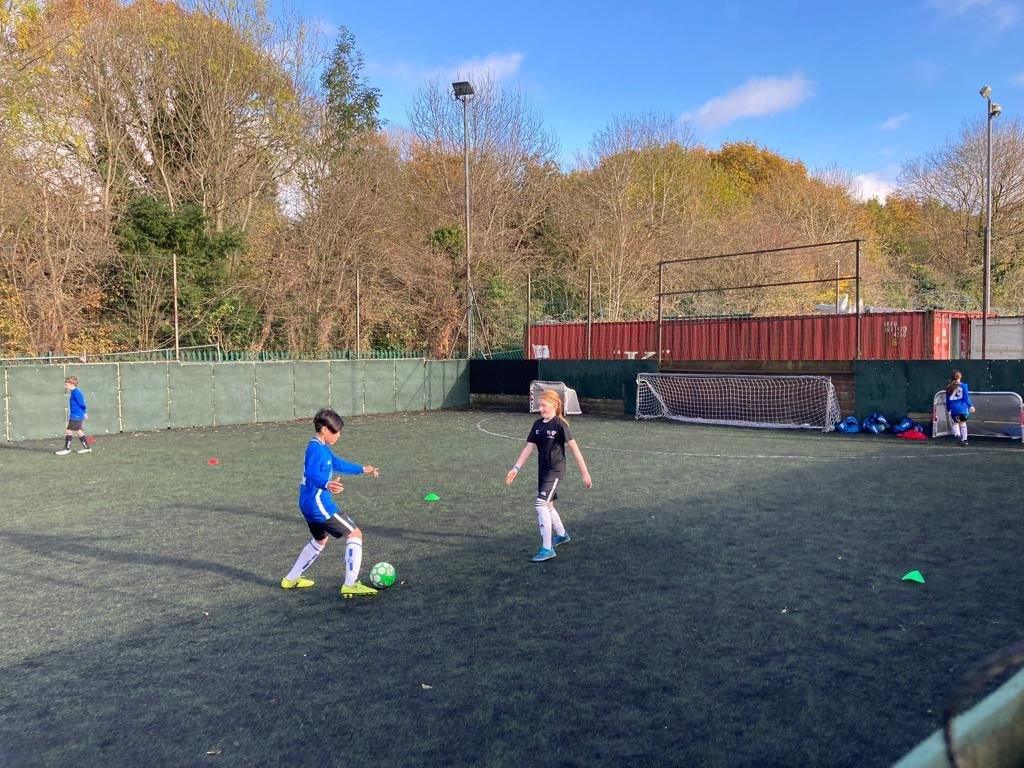
Ahmad playing football at his former club in Manchester
"I played striker, when I scored a goal that feels so amazing. I made friends on my team."
He even got the chance to go to a Manchester City match and watch his idol Phil Foden play.
"When I'm sad, I watch football and that makes me so happy. I watch Phil Foden and Man City, Phil Foden is the best player in the world."
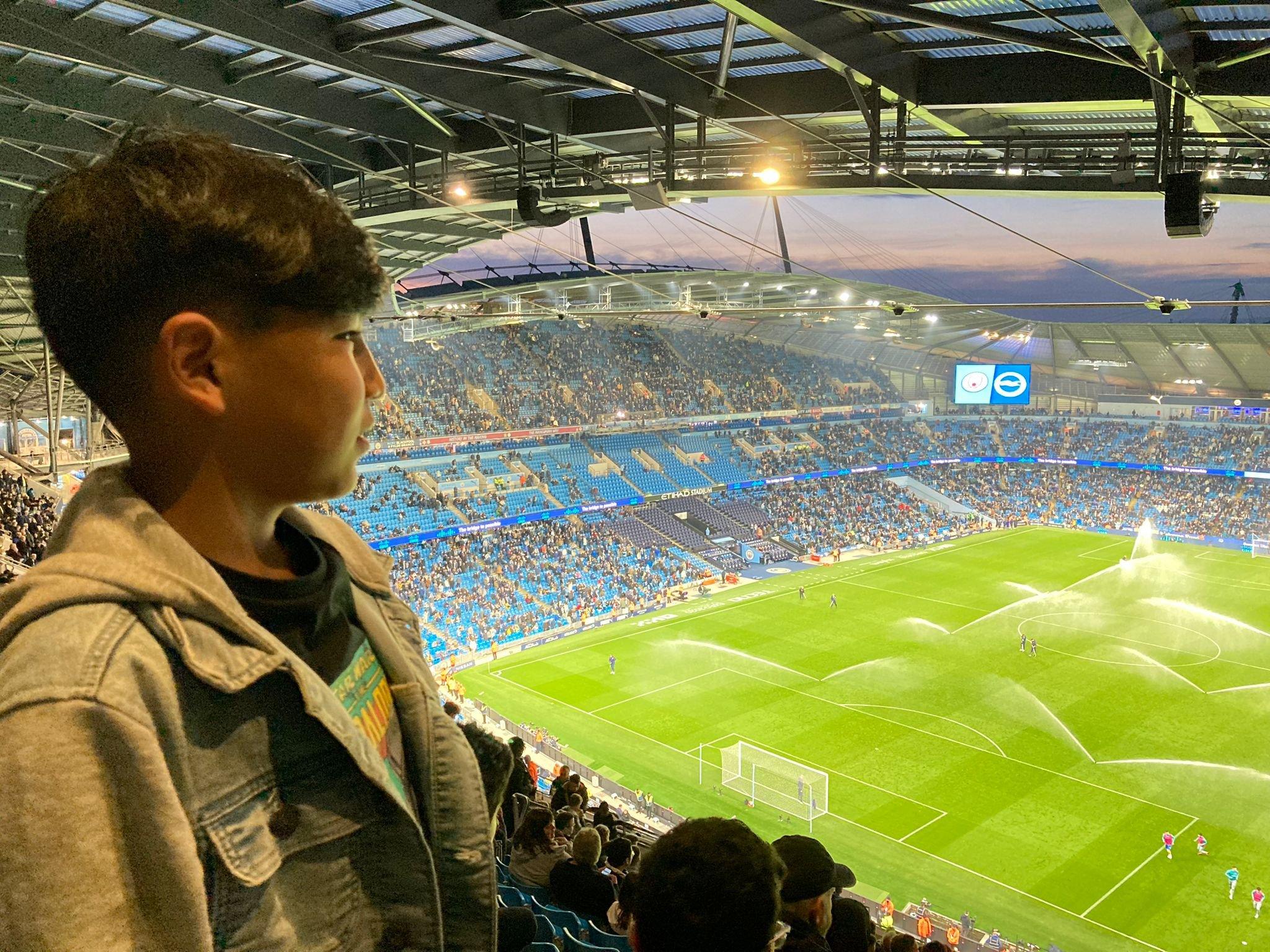
Ahmad is a huge fan of Phil Foden
However, life for Ahmad and his family would soon change again.
In November 2022, Ahmad's dad received an email from the government. A home had been found for the family which meant they could leave the hotel they'd been living in, but it was in a town called Hartlepool — two and a half hours away.
It meant Ahmad could no longer play on the Manchester based team he'd joined and he'd also be moving away from the new friends he'd made.
"My dad tells me we are moving to Hartlepool in a few days," Ahmad said when he first found out the news."I really feel sad because I lost my team, I lost my friends. After a few weeks we moved here."
Ahmad's Manchester coach has helped him find a new football club in Hartlepool which he's hoping to settle into soon. However, it's not just his family that has been affected after being relocated to a different part of the country.
What has the government said?
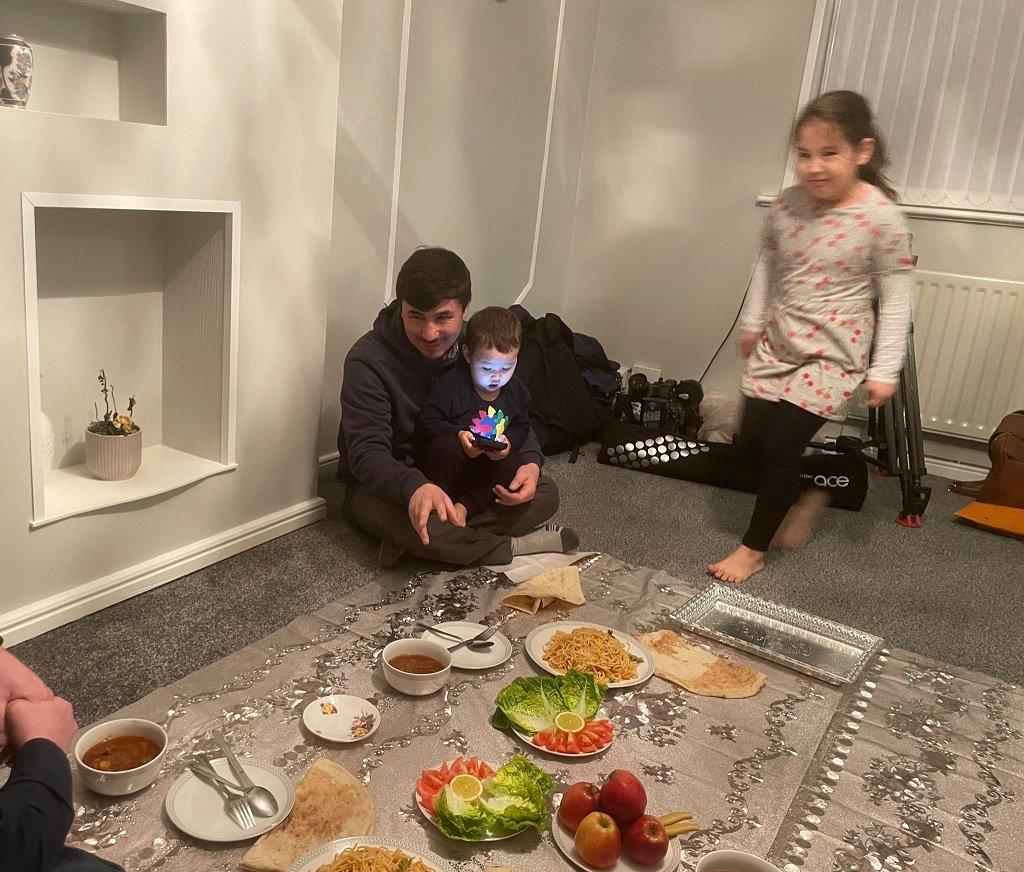
Ahmad's family in their new home
There have been recent stories in the news of Afghan families who, like Ahmad, have been given houses in other parts of the country after coming to the UK and initially living in hotels, but who don't want to move from where they've settled.
A spokesperson from the Home Office, which is the government department which oversees issues relating to refugees and their settlement in the UK, told Newsround that "...hotels do not provide a long-term solution", but that they do "offer safe, secure and clean accommodation."
They said the Home Office will "continue to bring down the number of people in bridging hotels", which is what the government calls this type of temporary accommodation, "moving people into more sustainable accommodation as quickly as possible".
- Published17 August 2021
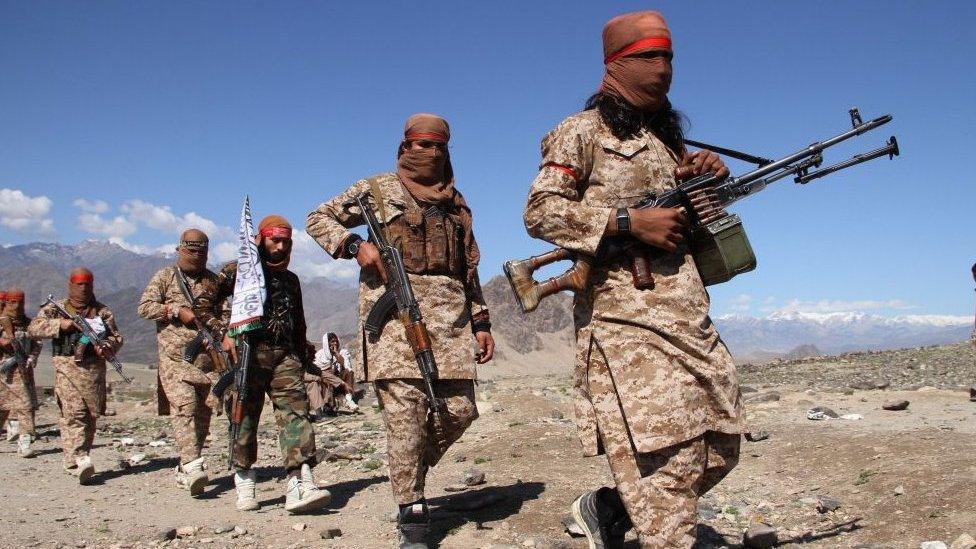
- Published26 January 2023
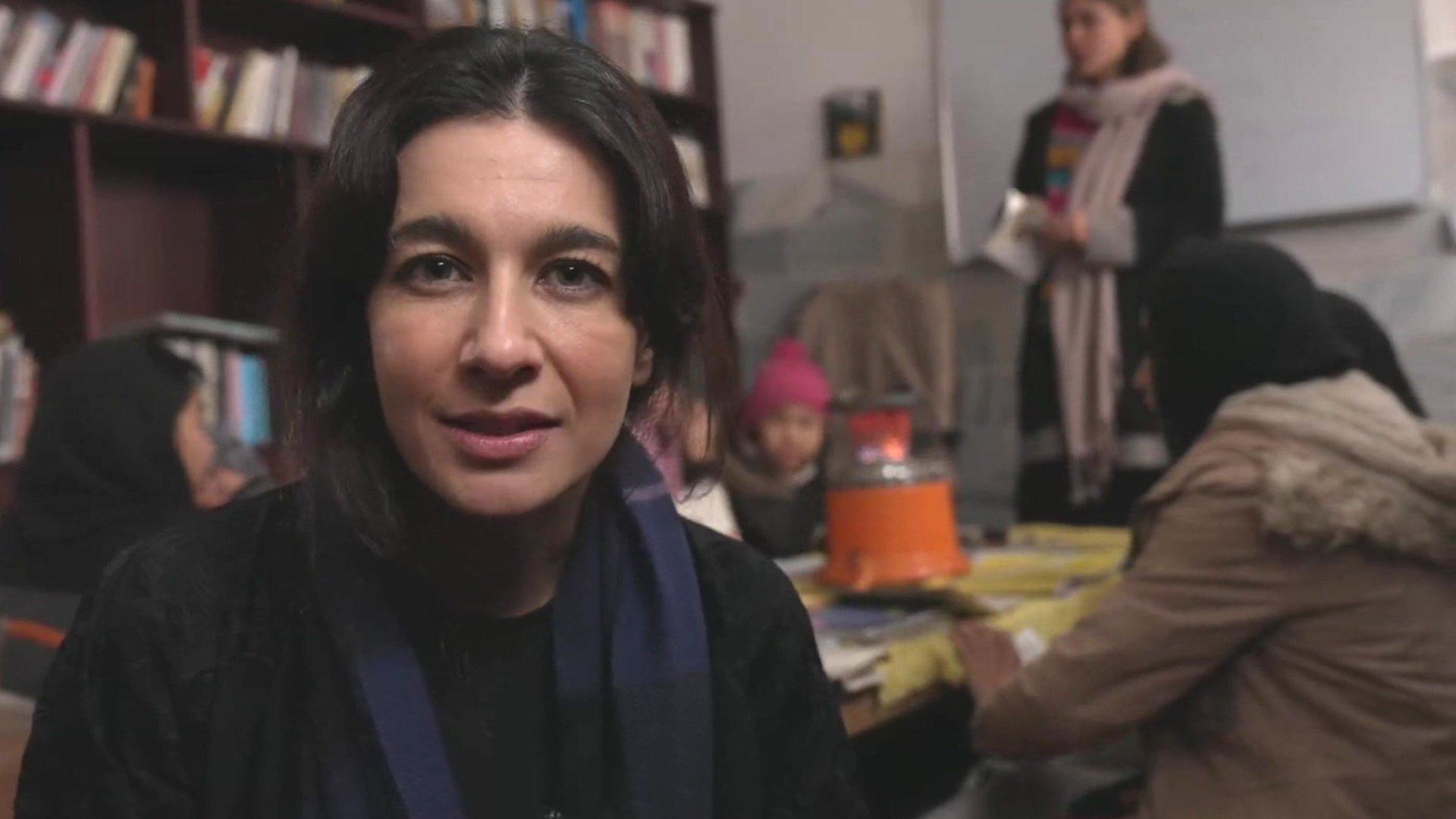
- Published19 October 2021
